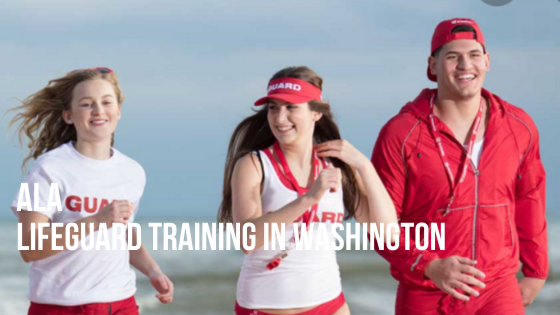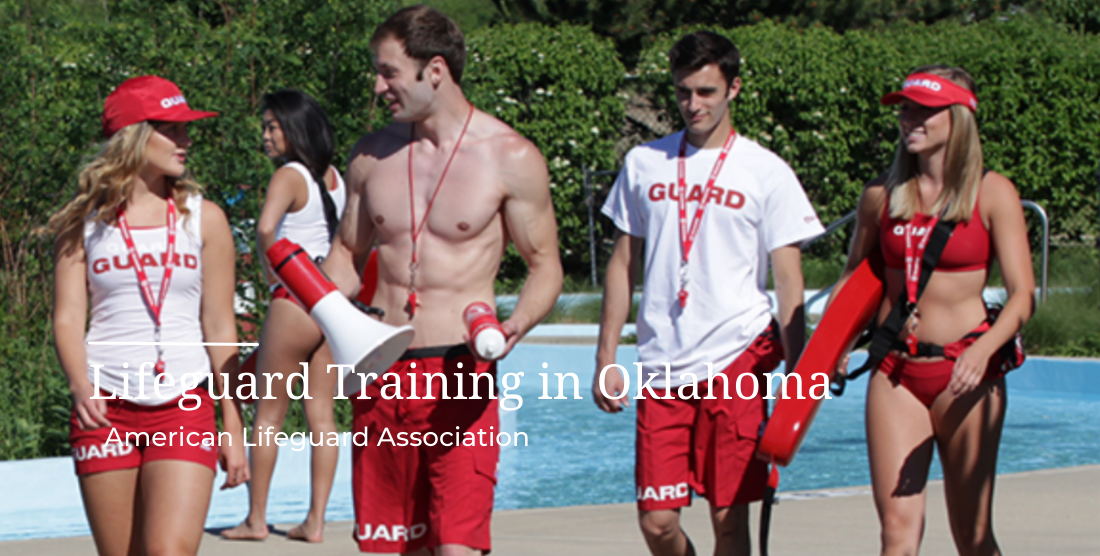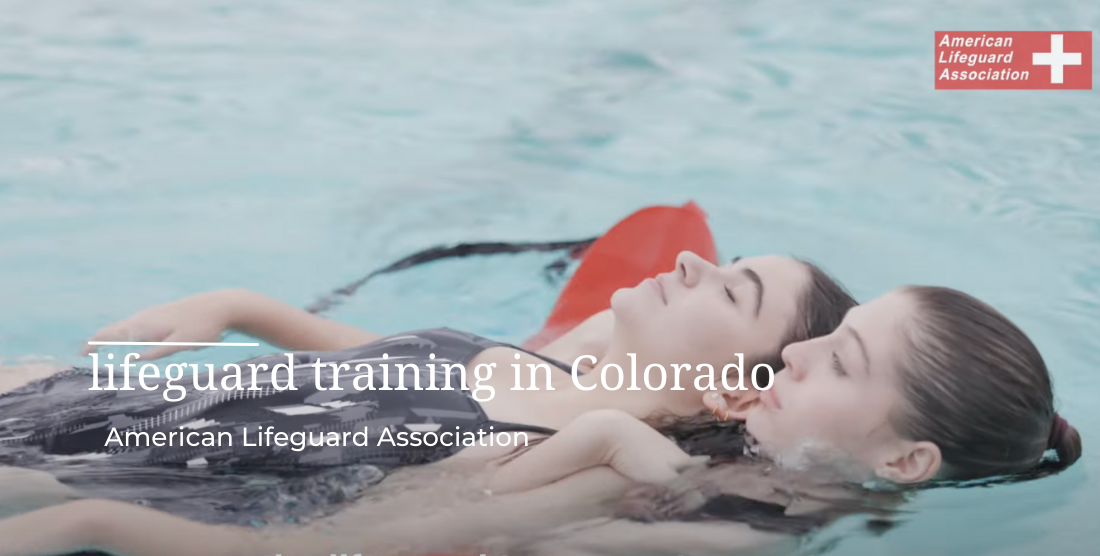The Benefits of Being a Lifeguard
Leaving on a career as a lifeguard isn’t just about donning a red swimsuit and sitting by the water’s edge. It’s a journey filled with excitement, and difficulties, and opens doors for personal and professional growth.
In this extensive exploration, we dive into the health benefits of becoming a lifeguard, from the adrenaline-siphoning work environment to the important life-saving skills acquired through training.
Whether you’re considering lifeguarding as a summer job, a stepping stone to different aquatics-related careers, or a lifelong passion, understanding the advantages of this crucial role is critical to valuing its importance and rewards. Before undergoing lifeguard training you need have the knowledge as why would you choose this career path?
Exciting Work Environment:
The charm of a lifeguard’s job lies in its dynamic setting, frequently set against the background of beautiful beaches, quiet pools, or clamouring water parks. This contrast to traditional office spaces offers a reviving change and can cause every workday to feel like another experience.
Physical Fitness:
Lifeguarding isn’t simply a job; a lifestyle advances physical well-being. From normal watches along the water’s edge to quick responses during emergencies, each part of a lifeguard’s role includes physical activity, ensuring that they stay in excellent shape.
Leadership Opportunities:
Lifeguards are endowed with the safety of beachgoers and pool participants, setting them in positions of power. This responsibility develops initiative skills, as they should make fast and conclusive judgments to keep everything under control and respond successfully to emergencies.
Enhanced Communication:
Viable communication is a cornerstone of lifeguarding. Whether giving safety instructions to swimmers, planning with individual lifeguards, or collaborating with beach or pool guests, lifeguards hone their communication skills every day, which is important in different life situations.
Teamwork:
Lifeguards work as a component of a durable team, depending on one another for help and collaboration. This teamwork ensures the effective inclusion of assigned regions as well as encourages kinship and a feeling of belonging among team members.
Life-Saving Skills:
Going through lifeguard classes equips people with basic life-saving skills, including CPR, first aid, and water rescue techniques. These skills are essential for on-the-job responsibilities as well as be life-changing in off-the-clock situations.
Career Advancement:
Lifeguarding can act as a venturing stone to different careers in aquatics and beyond. Numerous lifeguards transition into roles like swim educators, aquatic office chiefs, or even pursue careers in emergency administrations based on the skills and experience acquired.
Adaptable Schedules:
One of the attractive parts of lifeguarding is the flexibility it offers in planning. Numerous lifeguard positions, particularly in seasonal locations, consider part-time or full-time hours, obliging understudies, guardians, or people with different commitments.
Positive Impact:
Lifeguards play a critical role in ensuring the safety and well-being of beach and pool guests. By preventing accidents, responding immediately to emergencies, and teaching the public about water safety, lifeguards straightforwardly contribute to the enjoyment and inner serenity of their communities.
Networking Opportunities:
Working as a lifeguard gives me sufficient chances to network. Interactions with beach patrons, pool members, and individual lifeguards can prompt important connections, job references, and potential career advancements in the aquatic industry.
Job Stability:
In regions with significant beach or pool activity, lifeguarding offers a steady employment option. Seasonal lifeguarding positions frequently transition into all-year potential open doors, giving a dependable kind of revenue.
Professional Development:
Lifeguarding isn’t simply a job but a continuous learning experience. Lifeguards go through normal training sessions and certifications to remain refreshed on the latest safety protocols and techniques, upgrading their professional skills and attractiveness.
Emotional Rewards:
The feeling of fulfillment from shielding lives and ensuring the well-being of others is one of the most compensating parts of lifeguarding. Realizing that their quick actions can have an effect in basic situations contributes to a profound feeling of purpose.
Diverse Work Settings:
Lifeguards have the flexibility to work in diverse settings, from Oceanside beaches to community pools and water parks. This accessibility to various environments advances their encounters and grows their skill sets.
Increased Confidence:
Dealing with testing situations, like rescues or emergency medical responses, constructs confidence and strength in lifeguards. These encounters engage them to try to avoid panicking under tension and adjust rapidly to evolving conditions.
Competitive Pay:
Skilled and experienced lifeguards are frequently compensated with pay compensation rates. Their expertise, combined with the responsibilities they shoulder, warrants recognition as competitive wages.
Educational Opportunities:
Some lifeguard positions offer educational motivations, like tuition help, grants, or opportunities for additional training and certifications. Lifeguarding can consequently uphold scholarly pursuits and career development at the same time.
Public Recognition:
Lifeguards are regarded as members of the community, appreciated for their dedication to public safety and their crucial role in preventing water-related accidents and injuries. Public recognition further supports the importance of their contributions.
Personal Growth:
Lifeguarding cultivates personal growth on different levels. It imparts discipline, responsibility, and a strong work ethic while giving open doors to personal growth and continuous learning.
Also Read About: Lifeguard Courses: A Gateway to a Promising Professional Career
Searching for Training:
For those keen on setting out on a lifeguarding journey, searching lifeguard classes near me is the first move toward acquiring extensive lifeguard training. These courses cover essential skills and knowledge required for the role.
Certification Importance:
Getting lifeguard certification is non-debatable for aspiring lifeguards. This certification approves their capability in life-saving techniques, first aid, CPR, and water rescue, ensuring they are well-ready for the demands of the job.
Final Thoughts on Lifeguarding:
In conclusion, choosing lifeguarding as a career picking a career through accredited organizations like the American Lifeguard Association offers a gateway to a satisfying and impactful profession. Beyond the excitement of the job and the physical and mental difficulties it involves, lifeguarding gives potential opportunities to personal growth, professional development, and having a meaningful effect on the lives of others.
SEARCH
RECENT POSTS
As the warm sun beckons and the sound of crashing waves fills the air, many of us [...]
Leaving on a career as a lifeguard isn't just about donning a red swimsuit and sitting by [...]
Lifeguard courses remain something more than just a course; an extraordinary journey opens ways to a satisfying [...]
If you live in Virginia and are looking for a career that combines the satisfaction of helping [...]
The state of Ohio is famous for its numerous water sources that attract tourists and locals alike. [...]
Lifeguarding is a valuable and necessary skill that provides a range of benefits to an individual’s physical [...]
Lifeguarding is a job that requires a high level of physical fitness and mental alertness. As a [...]
Lifeguarding is a profession that requires a high level of skill, discipline, and physical fitness. A lifeguard's [...]
Lifeguard class and training come with different skills and responsibilities, with saving lives and ensuring a safe [...]
The lifeguard training programs are designed to make you prepared so that they can handle all kinds of emergencies [...]











